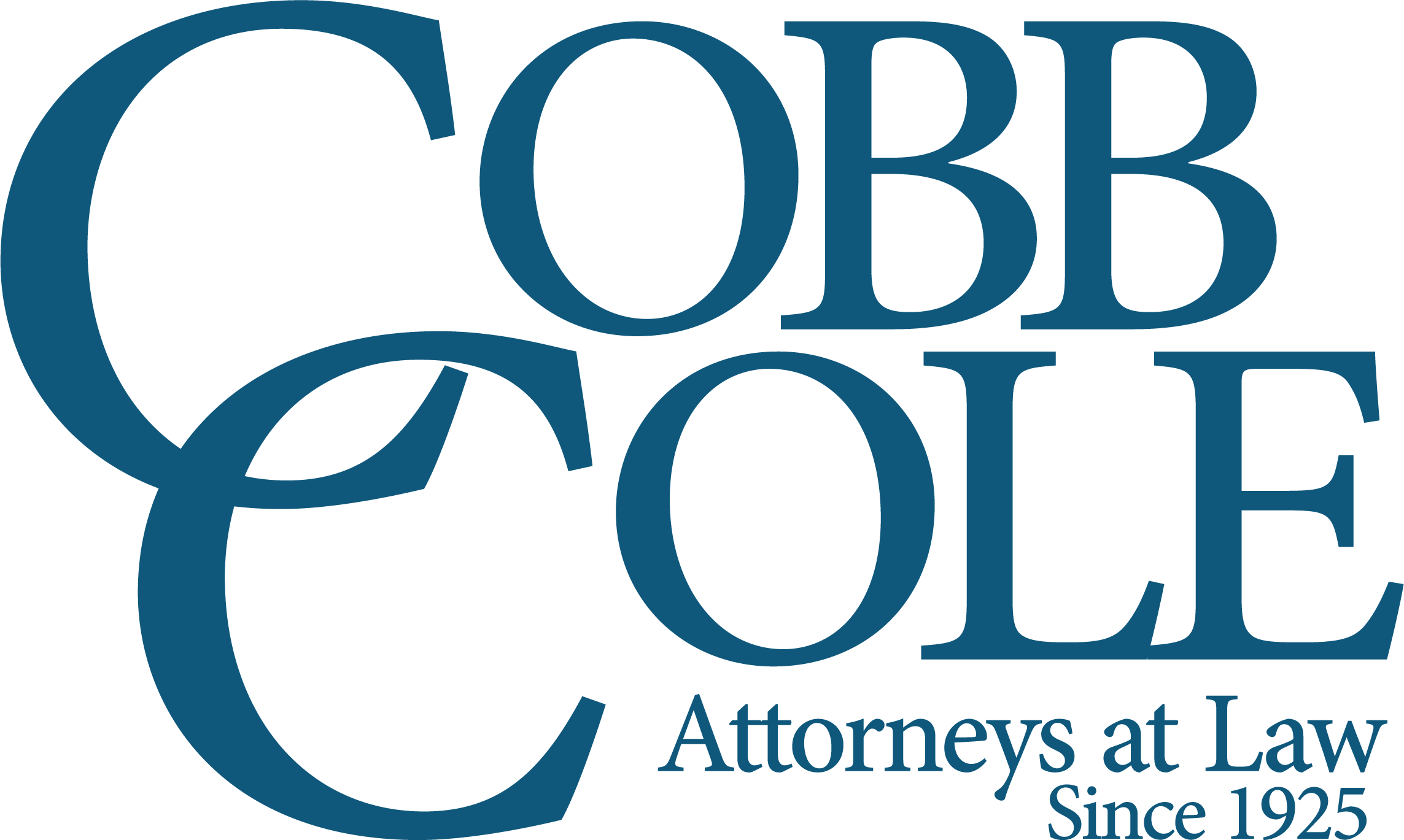Employers often assume that if an employee understands and agrees to all of the terms of a non-compete agreement before signing, the agreement becomes legally binding. However, an employee’s understanding and agreement are only one element of an enforceable non-compete agreement. Other important elements include how the agreement is drafted, what interests are being protected, and whether the restrictions are reasonable. Furthermore, a non-compete agreement that is sound in theory may require significant time and effort to enforce in practice. Employers should evaluate both the legal and practical dimensions of enforcement before pursuing any action.
What Florida Law Allows
Under Florida law, employers may enforce non-compete agreements so long as the contract is:
- In writing
- Signed by the employee
- Supported by a legitimate business interest
- Reasonably limited in time, geography, and scope
Legitimate business interests can include confidential information, trade secrets, substantial customer relationships, and specialized training. Courts have consistently enforced narrowly tailored non-competes to protect those interests, without unnecessarily restricting an employee’s ability to work.
For your reference, Florida Statutes Section 542.335 governs the enforceability of non-compete agreements.
Reasonableness Matters
Florida courts do not apply a one-size-fits-all standard. Instead, they assess whether a non-compete’s terms are reasonable in terms of their:
- Duration – Common enforceable periods range from 6 months to 2 years, though courts have upheld longer restrictions in some executive or sale-of-business contexts.
- Geographic scope – Must reflect the actual area where the employer operates or has protectable interests.
- Scope of activity – Cannot prohibit more than is necessary to safeguard the specific interest at stake.
Employers may be tempted to “play it safe” with language that over-protects their business interests. However, this can backfire: an overly broad or punitive clause can result in the entire provision being narrowed or struck down by a judge. For example, if an employer included a clause preventing an employee from working in any job for any competitor anywhere in the United States for five years after leaving the company, a court would almost certainly find it unenforceable.
Practical vs. Theoretical Enforcement
Even when a non-compete is enforceable in theory, it may be difficult to identify or prove a violation. Practical hurdles include:
- Lack of visibility – Employers may not know when a former employee joins a competitor.
- Burden of proof – Employers must show that the restricted activity occurred and that it violates the agreement.
- Cost of litigation – Legal action can be time-consuming and expensive, particularly if emergency injunctions are sought.
Working with seasoned legal counsel like Cobb Cole’s Employment and Labor Law team helps businesses assess whether enforcement is likely to achieve a meaningful outcome or whether other strategies, such as contractual reminders or negotiated settlements, are more effective.
Federal Trends and Local Enforcement
There are multiples states that prohibit or significantly restrict non-compete agreements. If a Florida employer has employees working in those states, those states’ laws apply to the non-compete agreement. Additionally, at the federal level, the Federal Trade Commission has attempted to preclude nearly all non-compete agreements; however, the FTC’s preclusion was stopped by a federal court, and, as a result, Florida courts continue to enforce non-competes under state law. Employers should be aware that changing federal enforcement priorities may influence judicial attitudes over time, especially for lower-wage workers.
Legal Support for Employers
Drafting enforceable non-compete agreements requires close attention to language, scope, and context. The Employment & Labor Law team at Cobb Cole regularly advises businesses on drafting, updating, and enforcing these agreements across a range of industries. The Firm also represents employers in litigation when former employees breach contractual restrictions.
Non-compete agreements are just one element of a larger employment law strategy. For a broader look at how Cobb Cole supports businesses with policy development, regulatory compliance, and workforce management, check out the wide range of legal services for employers we offer.
Employers considering whether to pursue enforcement should consult legal counsel early. A well-drafted agreement may offer legal leverage, but the facts, industry norms, and real-world impact all influence whether it’s worth pursuing in court.

